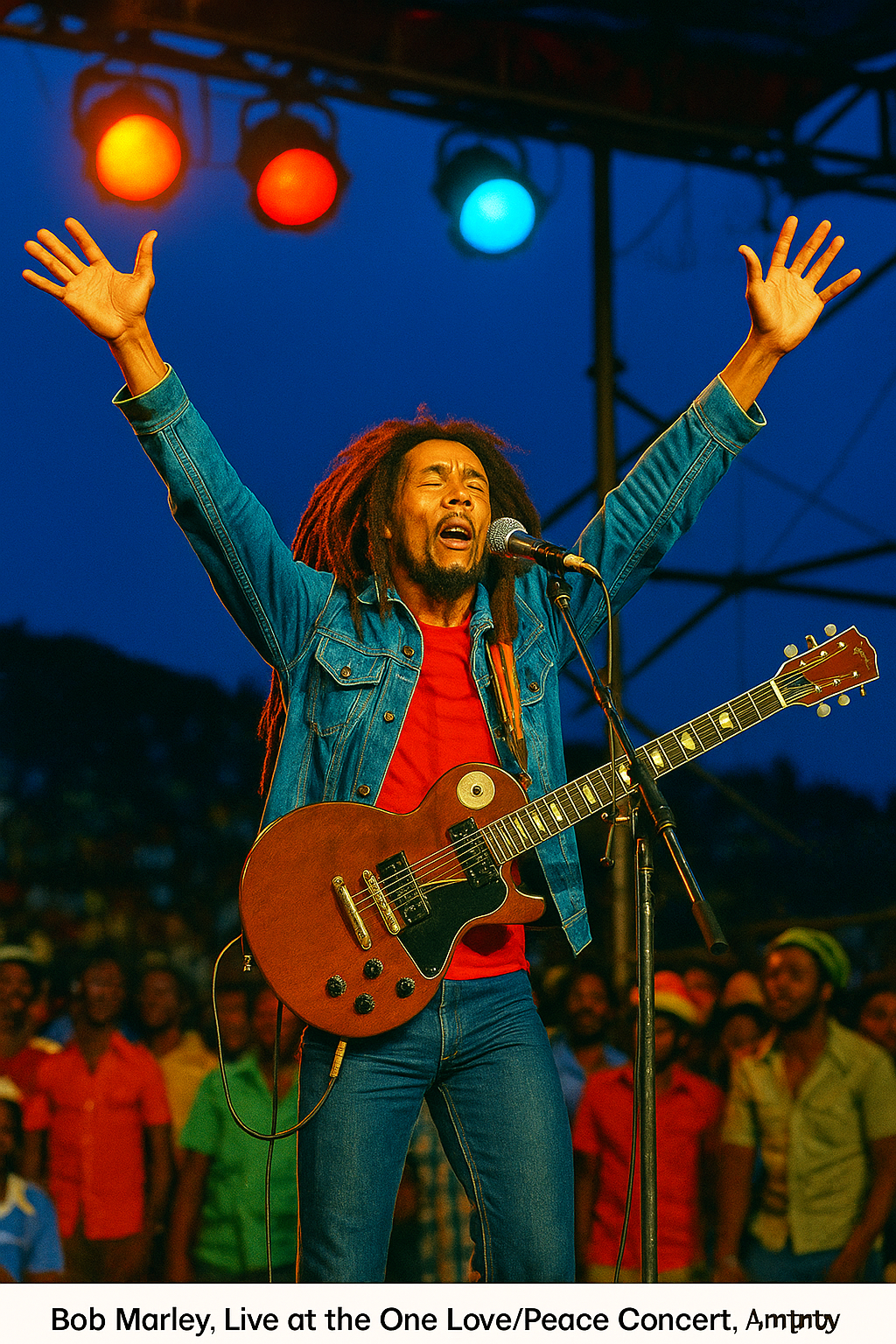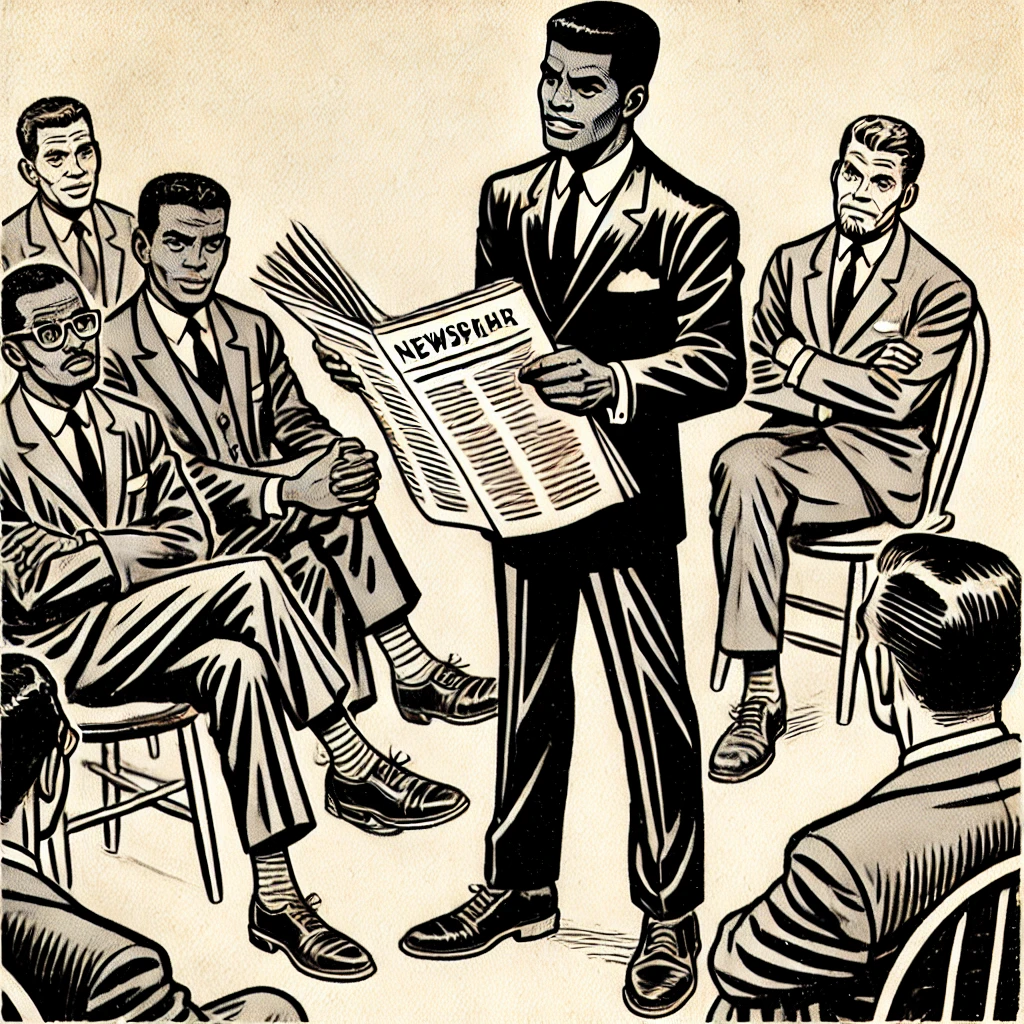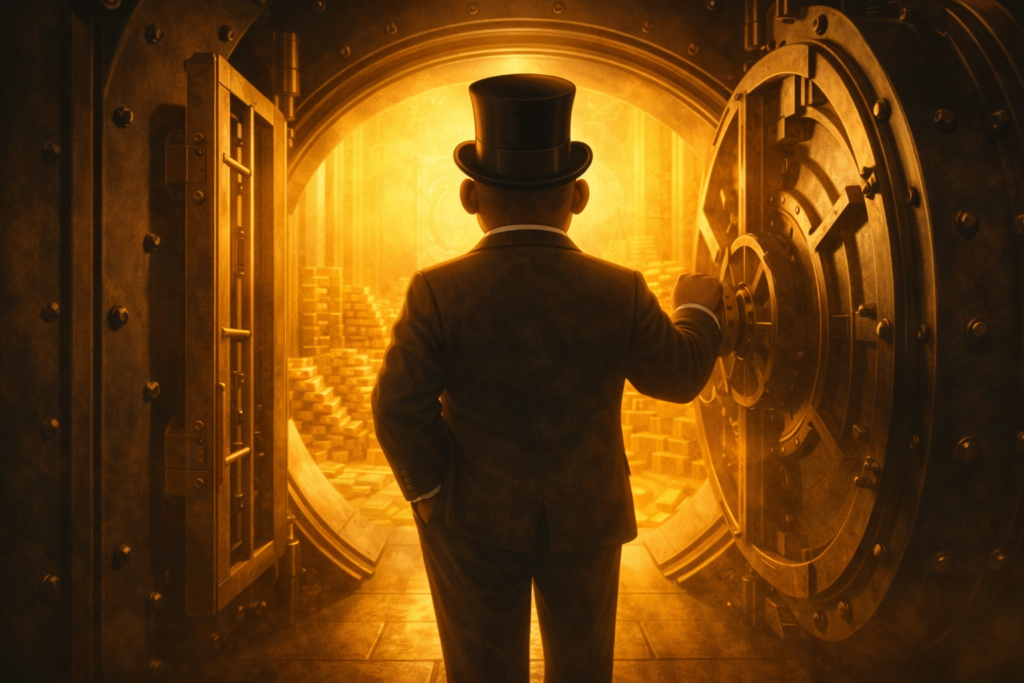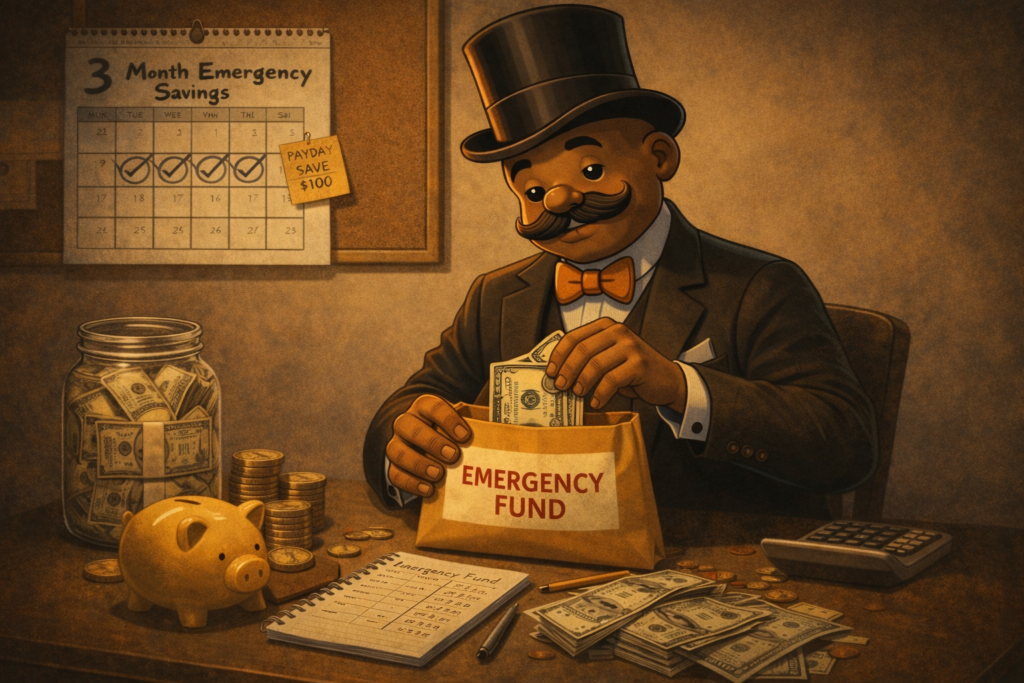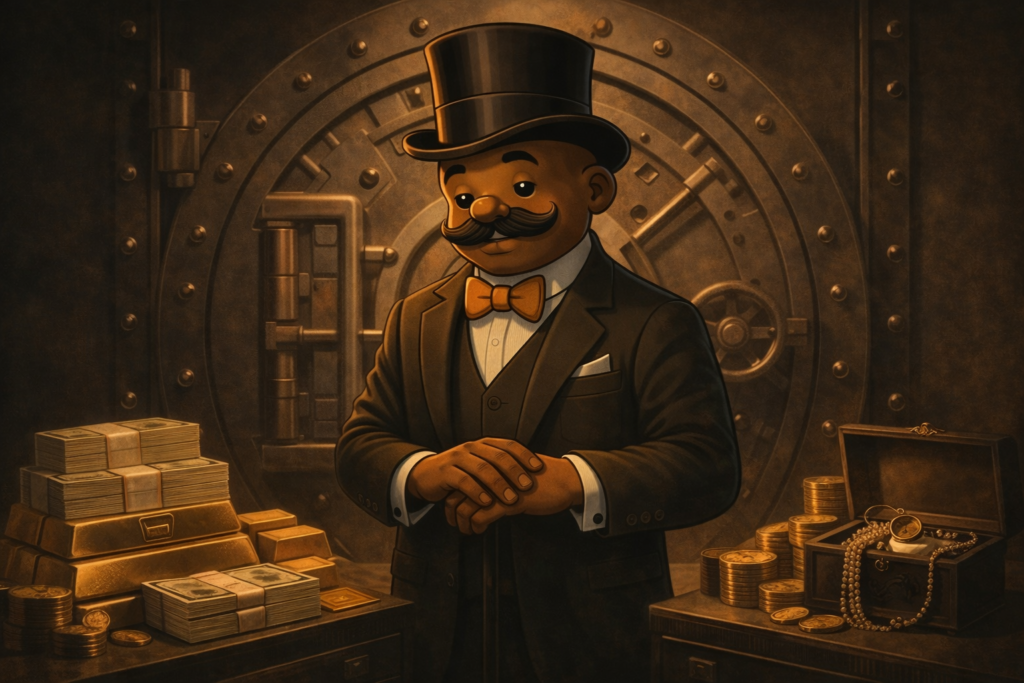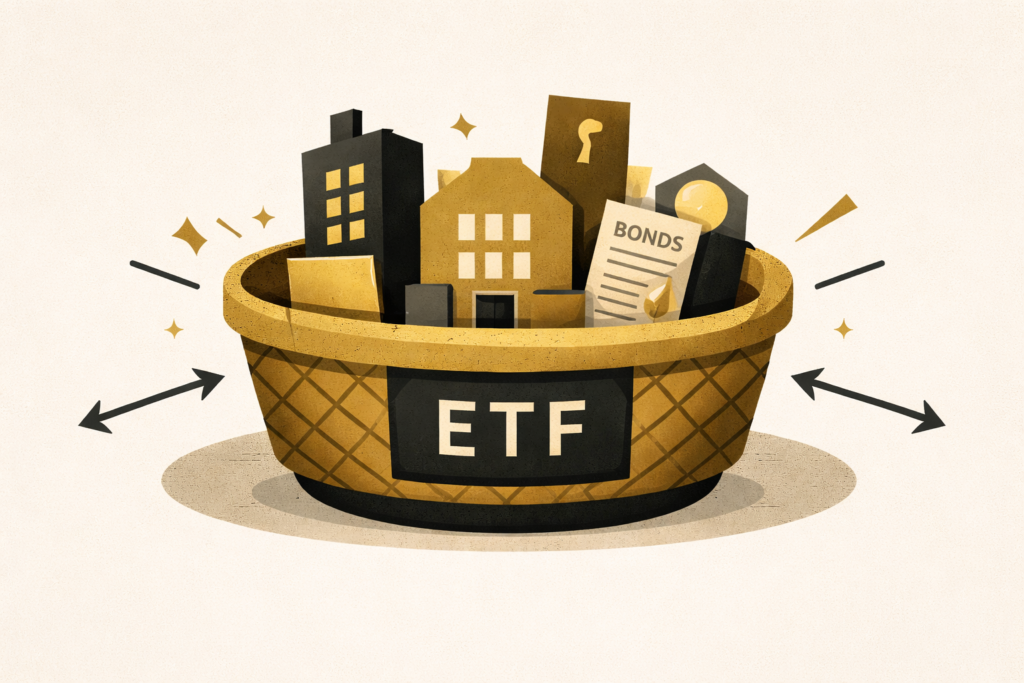The Context: Jamaica in 1978
In 1978, Jamaica was grappling with significant socio-political turmoil, marked by escalating violence and civil unrest. The political landscape was starkly divided between the two major political factions: the People’s National Party (PNP), led by Michael Manley, and the Jamaica Labour Party (JLP), headed by Edward Seaga. This division not only resulted in fierce political competition but also culminated in outright clashes between their supporters. The atmosphere was charged with tension, as rival gangs mobilized and communities were frequently embroiled in violent confrontations, with the nation experiencing alarming murder rates and a pervasive sense of insecurity.
The roots of this conflict can be traced to the broader economic and social issues facing Jamaica during that period, such as rampant poverty, unemployment, and declining living standards. As the economy struggled, promises of prosperity and social justice became a source of deep frustration among the population. With many feeling marginalized and disenfranchised, political affiliations often translated into loyalty to gang factions, igniting hostilities that threatened the fabric of society.
Amidst this chaotic backdrop, music emerged as a powerful unifying force for the Jamaican people. Reggae, particularly the works of prominent artists like Bob Marley, resonated deeply with the public, advocating for peace, unity, and social change. Marley’s music conveyed messages of hope and resistance, encouraging the nation to rise above divisions, and reminding listeners of their shared humanity. The One Love Peace Concert was conceptualized not merely as a musical event but as a catalyst for reconciliation in a divided nation. By bringing together rival factions in a spirit of harmony, it represented a pivotal moment in Jamaica’s history, underscoring the potential for music to transcend political divides and foster understanding. This concert would serve as a powerful symbol of hope in a time of despair and unrest.
The One Love Peace Concert: Key Highlights
The One Love Peace Concert, a pivotal event in the annals of music history, was held on April 22, 1978, at the Narande Stadium in Kingston, Jamaica. This concert was significant not merely for its musical line-up but for its powerful message advocating peace and unity during a time of political turbulence and violence in Jamaica. Bob Marley, an icon of reggae music and a symbol of social change, headlined the event, bringing together various artists to convey a message of hope and reconciliation.
The concert featured a stellar lineup, showcasing prominent reggae artists alongside Marley, including Peter Tosh and Bunny Wailer, both of whom were integral to the genre’s rise. The collective performances highlighted the cultural richness of Jamaican music and accentuated themes of love and togetherness. Notably, Marley’s powerful rendition of “One Love,” which became synonymous with the concert, urged the audience to come together despite their differences. The resonance of his powerful plea transcended mere entertainment; it served as a unifying call amid social strife.
One of the most memorable moments of the concert occurred when Marley invited political leaders Michael Manley and Edward Seaga to the stage, symbolizing a rare moment of cooperation amidst fierce political division. This act reinforced the message of unity that the concert sought to promote. The enthusiastic response from the audience was palpable, highlighting the emotional weight of the moment. The combination of vibrant music, dynamic performances, and a passionate call for peace made the One Love Peace Concert not just a musical event but a significant historical milestone that emphasized the transformative power of art in addressing social issues.
Bob Marley’s Message: Unity and Reconciliation
In the context of the 1978 ‘One Love’ Peace Concert, Bob Marley emerged as a powerful advocate for unity and reconciliation amidst the turbulent socio-political backdrop of Jamaica. His performance was not merely a musical gathering; it was a significant platform aimed at healing the deep-seated divisions that plagued the nation, particularly during the violent conflicts between opposing political factions. Marley’s lyrics and speeches during this historic event embodied a profound call for togetherness, transcending barriers of race, class, and political affiliation.
Through his soulful melodies and poignant words, Marley articulated a message that resonated deeply with both the local populace and his international audience. His famous exhortation, “Let’s get together and feel all right,” became an anthem for peace, urging individuals to set aside their differences for a collective cause. This ethos of love and unity was not only central to Marley’s music but served as a catalyst for change, encouraging cooperation and understanding where discord had previously reigned. The ‘One Love’ concert itself symbolized a pivotal moment of reconciliation, where rival factions came together, albeit temporarily, under the common celebration of music and hope.
The legacy of Marley’s message extends far beyond the concert’s immediate aftermath. Today, the principles of unity and reconciliation continue to mirror social challenges globally, reflecting a timeless need for collective harmony amidst diversity. Issues such as racial inequality, political polarization, and social injustice echo the sentiments Marley passionately championed. His music remains relevant, serving as a reminder that the quest for peace and understanding is an ongoing journey that transcends generations. Marley’s message exemplifies how music can indeed reflect and influence societal consciousness, making it a poignant tool for healing and change throughout history.
Legacy of the One Love Peace Concert
The One Love Peace Concert, held in 1978 at the National Stadium in Kingston, Jamaica, remains a critical event in both Jamaican history and the world of music. Organized by Bob Marley, the concert aimed to foster peace during a tumultuous era marked by political violence and social unrest. In the years following the event, the concert has continued to influence Jamaican society, serving as a potent symbol of unity and reconciliation. The idea that music can transcend division is an enduring theme that resonates within Jamaican culture, positioning Marley’s vision as a catalyst for peace.
Furthermore, the One Love Peace Concert has left an indelible mark on global music culture. Bob Marley’s iconic performance not only united different political factions in Jamaica but also set a precedent for future concerts focused on humanitarian efforts. Events such as Live Aid, and more recently, the Global Citizen Festival, echo the model established by Marley; they harness music’s ability to mobilize collective action towards pressing social issues. By highlighting the power of performance as a vehicle for social change, the One Love Peace Concert has inspired countless artists and activists around the world to pursue similar paths.
Over the decades, Bob Marley’s legacy has only deepened, as his messages of love, resilience, and hope have permeated various aspects of life, from music to social justice movements. The concert itself has been chronicled in documentaries, books, and scholarly articles, perpetuating awareness of its historical significance. As a cultural artifact, it emphasizes the importance of solidarity in the face of adversity and continues to inspire both commemorative events and discussions on peace in contemporary society. In essence, the One Love Peace Concert stands as a transformative milestone not only for Jamaica but for the world at large, emphasizing the unifying power of music in the pursuit of peace.
